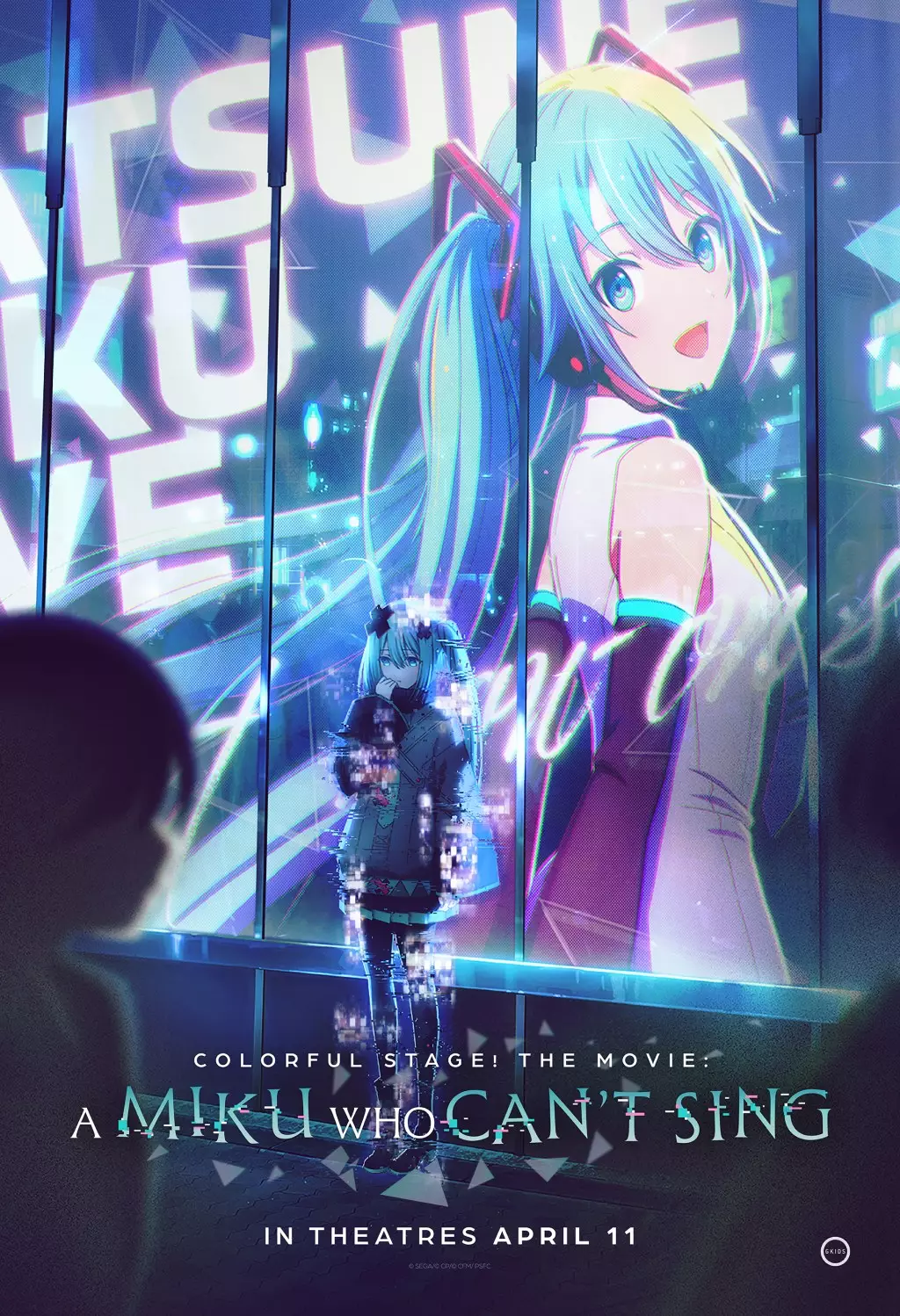Easter weekend has always been a significant time for cinema, with audiences flocking to see stories that resonate with themes of hope, redemption, and faith. Surprisingly, among a crowded landscape of competitive films, faith-based films have not only held their ground but have also managed to dominate the box office. Such resilience speaks volumes about the audience’s current yearning for meaningful storytelling amidst a sea of entertainment options that often feel superficial or overly commercialized.
Angel Studios’ animated feature, *The King Of Kings*, has quite impressively secured the third spot, raking in $17.3 million in its second week. In its total run, the film has grossed over $45 million. This trajectory indicates a solid demand for content that not only entertains but attempts to provide spiritual nourishment. Similarly, *The Chosen: The Last Supper (Season 5) Part 3*, also enjoying a strong second week with $1.8 million, has comfortably carved out its niche in an industry increasingly skeptical of faith-related narratives. The series stands as the highest-grossing installment to date, demonstrating that audiences crave continuity in storytelling that reinforces their values.
Market Dynamics and Audience Preferences
What is more fascinating than the numbers is the context surrounding these films. The rise of faith-based movies amidst a sea of more mainstream options raises critical questions about market dynamics. As traditional indie films struggle to capture audience attention, one has to wonder: are we witnessing a shift in viewer preferences? No longer satisfied with the cookie-cutter genres that flood theaters, many viewers appear to be leaning towards films that offer genuine reflection on personal and societal values. The old adage “if you build it, they will come” seems particularly prescient in this context.
Despite their commercial success, it’s essential to scrutinize the breadth of stories being told. While *The Chosen* and *The King Of Kings* reflect a strong narrative tradition, one must consider whether this focus on faith can inadvertently pigeonhole cinema or lead to an oversaturation of similar narratives. Furthermore, while I emphasize the need for diverse perspectives, the phenomenon of faith-based films doesn’t just signify a triumph for religious storytelling; it may also highlight the industry’s failure to cater to more varied human experiences.
Emerging Trends in Alternative Film Genres
Simultaneously, genres beyond faith-based storytelling are carving their own spaces in this intricate puzzle, albeit with less immediate success. GKids’ *Colorful Stage! The Movie*, while addressing youth dilemmas through the lens of anime, opened fairly well, showcasing the growing acceptance of international narratives. This indicates an essential shift toward inclusivity and understanding of collective human experiences, especially among younger audiences increasingly drawn to digital platforms.
Conversately, traditional avenues like Focus Features’ re-release of *Pride & Prejudice* demonstrate a compelling appetite for timeless classics. Yet, one cannot ignore the stark contrast between the recurrent success of faith-based films and the unpredictability of indie films like Bleecker Street’s *The Wedding Banquet*, which saw a modest opening of $922.9k.
In this dynamic environment, the landscape of cinema appears to be shifting. The interest in faith-based films might just be a reflection of a society increasingly disillusioned by superficial entertainment, seeking engagement with more profound, enduring themes.

